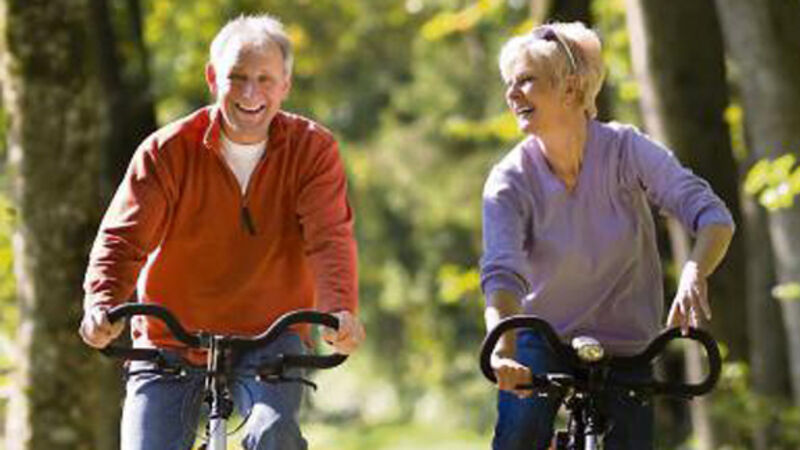Staying socially active is important during retirement

As increasing amount of research is put into what allows older people to age well, the issue of social connection continually pops up – whether it be with family or friends.
“For generations it used to be that people had a couple of years of a healthy life after retirement, but now a person can expect to live 18 healthy years afterwards and the image of the retiree sitting in a chair beside the fire is gone,” says Peter Kavanagh, Information and Networking Officer with Active Retirement Ireland (ARI).











